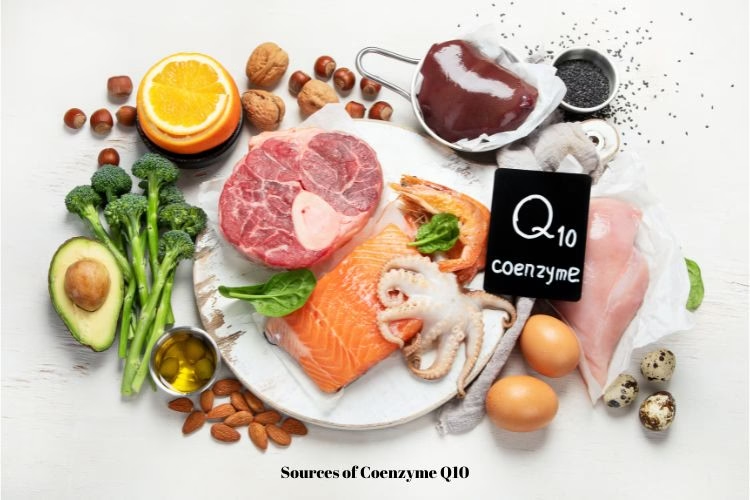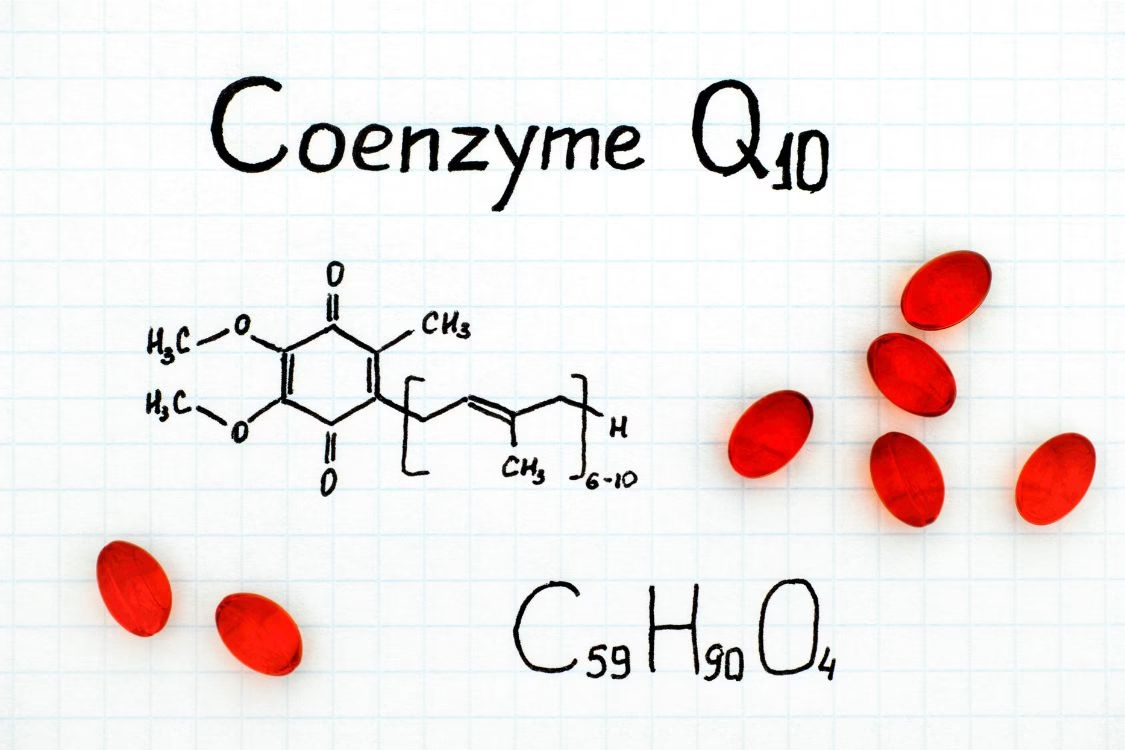A nutritional supplement Heart Attack Recovery
What is Coenzyme Q10 or CoQ10?
Coenzyme Q10, also known as CoQ10, is a vital nutrient responsible for producing cellular energy in the human body. It is an essential component for various bodily functions and processes.
Earlier, I had written a short description about Coenzyme Q10 in another article- you can read about it here-https://raodoctor.com/antioxidant-super-nutrients/#Coenzyme_Q10.
CoQ10 acts as a powerful antioxidant, helping to neutralize harmful free radicals and protect cells from oxidative damage. Moreover, it supports heart health by promoting proper functioning of the cardiovascular system. Regular intake of CoQ10 through diet or supplements can contribute to overall well-being and optimal cellular energy production.
Coenzyme Q10, commonly known as CoQ10, is a vital antioxidant that plays an essential role in energy production within the cells, particularly in the heart.
For survivors of a heart attack, maintaining optimal heart function is crucial for recovery and enhancing overall wellness. CoQ10 supplementation has garnered attention for its potential benefits in supporting heart health and improving recovery outcomes.
How does CoQ10 work?
One of the primary functions of CoQ10 is its ability to reduce oxidative stress.
For those who do not know what this means, oxidative stress is a condition where there is an imbalance between the production of harmful free radicals (chemicals produced during body metabolic activity) and the ability of the body to counteract their damaging effects.
Free radicals are unstable molecules that can damage cells, proteins, and DNA, leading to various health problems. Antioxidants, found in fruits, vegetables, and other natural sources, help neutralize these free radicals and maintain a healthy balance.
What is the role of Coenzyme Q10 in heart attack survivors?
After a heart attack, there is severe stress in the body due to injury to or death of heart muscles due to which unwanted chemical molecules, the free radicals are released in the blood circulation. The heart may be subjected to increased oxidative damage due to the imbalance between free radicals and antioxidants.
CoQ10 works by neutralizing these free radicals, thereby minimizing cellular damage and promoting better heart cell function. As a result, this powerful antioxidant not only aids in recovery but also supports the overall health of the cardiovascular system.
Clinical studies have highlighted the importance of CoQ10 for heart attack survivors. Research indicates that individuals who supplement with CoQ10 may experience improvements in heart function, reduced symptoms of heart failure, and a potential decrease in the need for additional cardiac medications.
Furthermore, some studies have suggested that CoQ10 can help enhance exercise tolerance and quality of life, which are crucial aspects of recovery for heart attack survivors.
It is important to note that while incorporating nutritional supplements for survivors of heart attacks can be beneficial, individuals should consult healthcare professionals before starting any new supplement regimen.
Proper dosage, potential interactions with medications, and individual health considerations are essential factors that must be evaluated.
Consistent and informed usage of CoQ10 can contribute significantly to better heart health and a smoother recovery process.
What are symptoms of coenzyme q10 deficiency?
Fatigue, muscle weakness, and exercise intolerance are common symptoms of coenzyme Q10 deficiency.
Patients may also experience neurological symptoms like migraines, Parkinson’s-like tremors, and cognitive impairment.
Cardiovascular issues such as high blood pressure, heart failure, and irregular heartbeats can also occur. Gastrointestinal problems like nausea, vomiting, and diarrhea are additional potential symptoms.
Sources of Coenzyme Q10

Sources include fatty fish such as salmon, mackerel, and sardines, which are rich in this vital compound. Organ meats like liver and heart are also excellent sources, providing a concentrated amount of CoQ10.
For those following a plant-based diet, whole grains, spinach, broccoli, and peanuts offer a modest supply.
Additionally, CoQ10 supplements1 2 are widely available for those seeking to boost their intake beyond dietary sources, ensuring optimal support for energy production and antioxidant protection within the body.
FAQ on Coenzyme Q10
What is coenzyme Q10 used for?
Coenzyme Q10 is used to treat heart failure, high blood pressure, and certain other conditions.
What happens when you take CoQ10 every day?
Taking CoQ10 daily can improve heart health, increase energy levels, and provide antioxidant benefits.
Is there any downside to taking CoQ10?
There are no major downsides to taking CoQ10. It is generally well-tolerated.
What are the symptoms of needing CoQ10?
Low energy, heart problems, gum disease, migraines.
What is the minimum requirement or daily dose od CoQ10?
The recommended daily dose of CoQ10 is 30-200 mg per day.
What are the likely side-effects of overdose of CoQ10 supplement?
The likely side effects of CoQ10 overdose include nausea, stomach upset, diarrhea, headaches, and insomnia.

